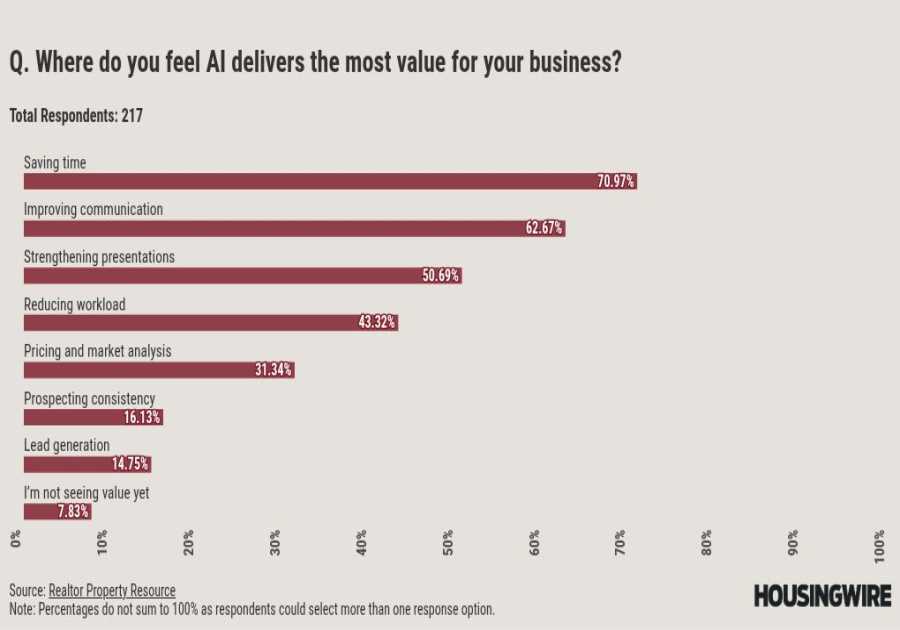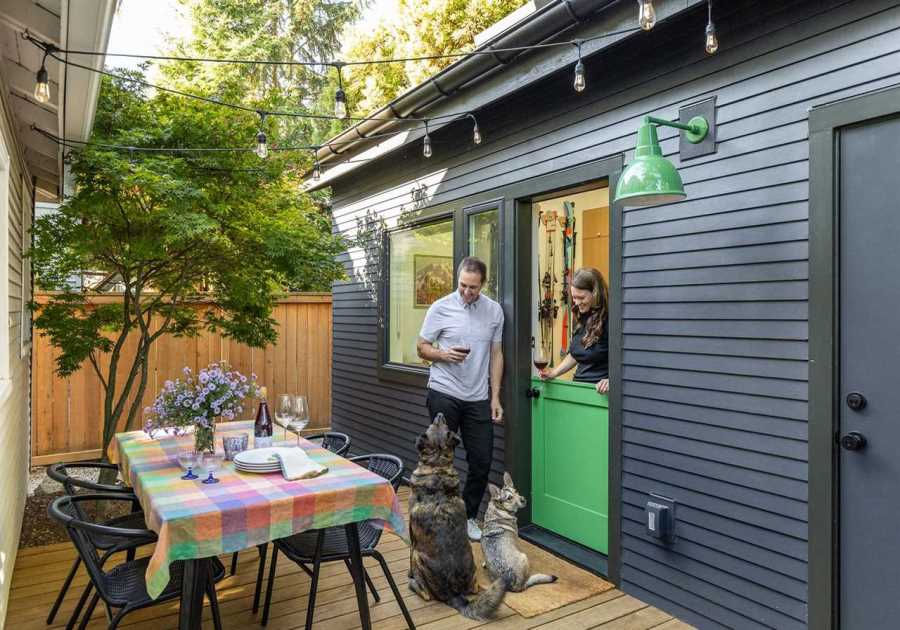Planning for the future is often simpler when there’s a built-in support system — but for couples without children, the equation looks very different. As they age, many child-free couples realize that traditional assumptions about family-based care don’t apply to them. Without adult children to help coordinate housing, caregiving, or financial decisions, the path to affordable senior care can become significantly harder to navigate. Rising costs, limited long-term care options, and a fragmented system leave many wondering how to balance independence with security. Understanding why these challenges exist is the first step toward preparing wisely for later life.
1. The Missing Support Network
One of the biggest obstacles to affordable senior care for child-free couples is the lack of a built-in caregiving network. Most people rely heavily on adult children to help coordinate medical needs, manage finances, or even provide daily assistance. Without that layer of unpaid family help, couples often have to turn to professional services — which come with a hefty price tag. Hiring in-home caregivers, elder care planners, or daily aides quickly drives costs far beyond what many retirement budgets anticipate. This missing support network transforms what might be manageable family tasks into costly logistical challenges.
2. Rising Costs in the Senior Care Industry
The cost of care has climbed dramatically over the past decade, making affordable senior care harder to find for everyone, but especially for those without children to share the burden. According to national data, the average cost of assisted living now exceeds $60,000 per year, while private in-home care can double that figure depending on location. Childless couples must often shoulder these expenses on their own, without financial or emotional support from adult family members. Inflation, staffing shortages, and an aging population have all contributed to escalating prices. Planning ahead with long-term care insurance or specialized savings accounts is becoming a financial necessity rather than an option.
3. Limited Housing Options for Aging Independently
Affordable senior care also ties directly into housing — and many couples without children find themselves unprepared for this stage. Downsizing or relocating to age-friendly communities often comes with unexpected fees and restrictions. Senior living facilities can have long waiting lists, strict income qualifications, or limited space for couples. Meanwhile, traditional family homes may become impractical due to maintenance, accessibility, or neighborhood isolation. Without the next generation nearby to help, child-free couples often face tough decisions about when to move and how to afford ongoing care in a new environment.
4. Loneliness and Isolation Drive Up Costs
Emotional and social factors play a quiet but significant role in the cost of aging. Studies show that isolation among older adults increases health risks and medical expenses, making affordable senior care harder to sustain. Childless couples may find their social circles shrinking over time, particularly after retirement or relocation. Without children or grandchildren as natural points of connection, many couples must actively seek out social support through community centers, clubs, or volunteer groups. Building these networks early not only helps maintain well-being but can also reduce long-term healthcare costs tied to mental and physical decline.
5. Navigating Complex Systems Alone
Senior care is complicated — involving a mix of insurance policies, government programs, and private service providers. Couples without children often face the daunting task of managing it all themselves. Even understanding eligibility for programs like Medicare, Medicaid, or veterans’ benefits requires time and energy that becomes harder to spare with age. Having no adult children to advocate or manage paperwork increases the risk of missed opportunities for assistance. To secure affordable senior care, couples should consider working with certified financial planners or elder law specialists early to simplify decision-making later.
6. The Overlooked Challenge of Long-Term Care Insurance
Long-term care insurance is one of the most effective tools for ensuring affordable senior care, yet many couples skip it due to cost or confusion. Premiums can seem high in midlife, but waiting too long to apply can make coverage unaffordable or impossible to obtain. For child-free couples, these policies can bridge the gap between independence and full-time care, covering expenses that would otherwise fall on family. The key is understanding policy details — such as inflation protection, benefit caps, and waiting periods — before signing up. Investing early can save tens of thousands in out-of-pocket costs later.
7. Estate Planning Gaps Add Financial Pressure
Without heirs, many couples delay estate planning, assuming it’s less urgent. However, this oversight can make affordable senior care even harder to achieve. Without clear legal directives, critical healthcare and financial decisions may fall to courts or distant relatives unfamiliar with their wishes. Establishing a living will, healthcare proxy, and power of attorney ensures that care choices — and costs — stay under control. Proper estate planning also allows couples to allocate assets toward care funds or charitable trusts that align with their long-term values.
8. The Emotional Weight of Financial Independence
For couples who have spent a lifetime priding themselves on self-sufficiency, accepting help can be difficult. Yet as health declines or costs rise, refusing assistance can quickly deplete savings meant to last decades. The pursuit of affordable senior care often requires a shift in mindset — recognizing that strategic support isn’t weakness, it’s wisdom. Financial independence should include planning for dependency, whether that means trusted advisors, paid caregivers, or community programs. Facing this reality early allows couples to age with dignity rather than financial strain.
Planning Today Protects Tomorrow
Affordable senior care isn’t impossible for child-free couples, but it does demand foresight, honesty, and early preparation. The biggest mistake is assuming that independence now guarantees independence later. By planning for caregiving, housing, and medical costs before they become urgent, couples can avoid financial stress and preserve quality of life. The goal isn’t just to afford care — it’s to maintain control, comfort, and peace of mind. A well-prepared plan today is the difference between crisis and confidence tomorrow.
Have you started planning for senior care as a child-free couple? What challenges or surprises have you encountered in the process? Share your experience in the comments below!
What to Read Next…
The Hidden Costs of Aging: Preparing for Healthcare and Beyond
How to Prepare for Aging as a Couple Without Children
Financial Planning for Seniors: Leveraging Capital Gains Tax Exemptions
9 Retirement Mistakes DINK Couples Don’t Realize They’re Making
Financial Mistakes to Overcome in Your 50s
------------Read More
By: Catherine Reed
Title: Why Childless Couples May Struggle to Find Affordable Senior Care
Sourced From: www.dinksfinance.com/2025/11/why-childless-couples-may-struggle-to-find-affordable-senior-care/
Published Date: Mon, 03 Nov 2025 14:00:37 +0000
.png)





